Of the following statements which apply to coordinated cooperation .1 it allows ? [ Training professional ]
Question 118-1 : 1 and 3 2 and 3 1 and 4 1 2 and 4
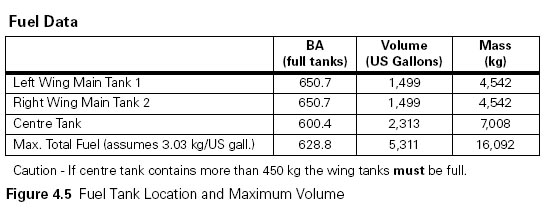 1 and 3.
1 and 3. Co action is a mode of coordination which recommends ?
Question 118-2 : Working in parallel to achieve one common objective working parallel to achieve individual objectives sustained cooperation on actions and the formulation of commitments concerning flight situations the application of procedural knowledge in the conduct of specific actions
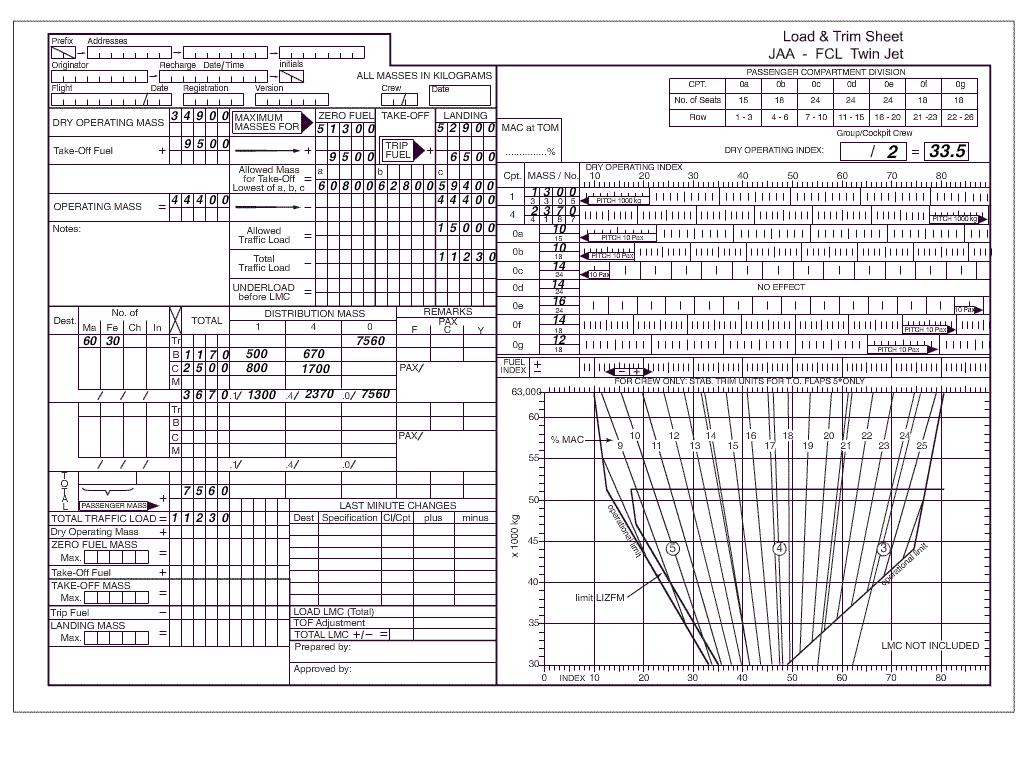 Working in parallel to achieve one common objective.
Working in parallel to achieve one common objective. In order to make communication effective it is necessary to .1 avoid the ?
Question 118-3 : Only 2 is correct 1 2 and 3 are correct 3 and 4 are correct 2 and 4 are correct
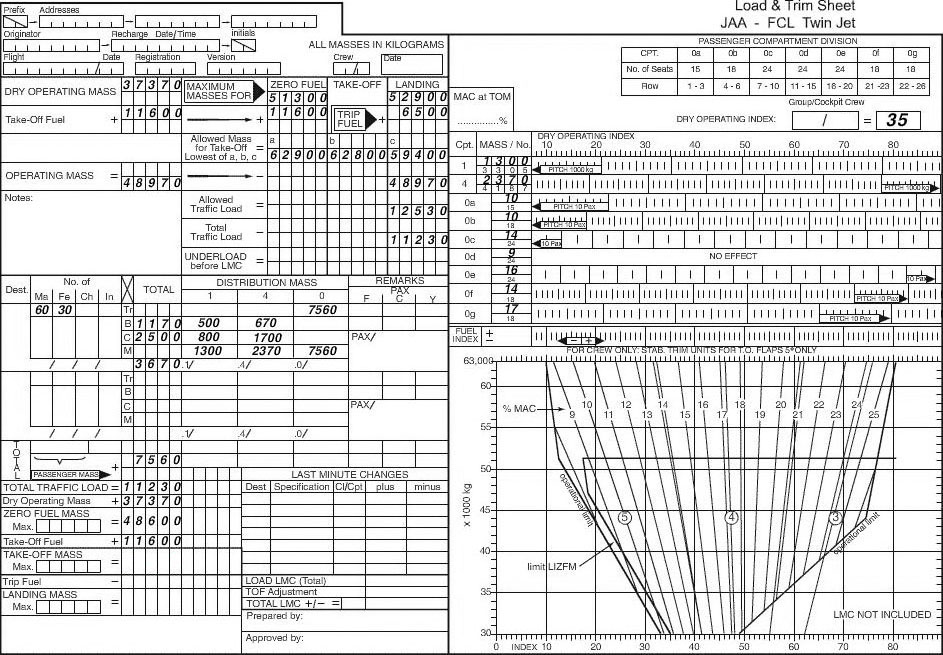 Only 2 is correct.
Only 2 is correct. Which of the following statements regarding interpersonal interactions are ?
Question 118-4 : 3 only is correct 3 and 4 are correct 1 and 2 are correct 2 and 3 are correct
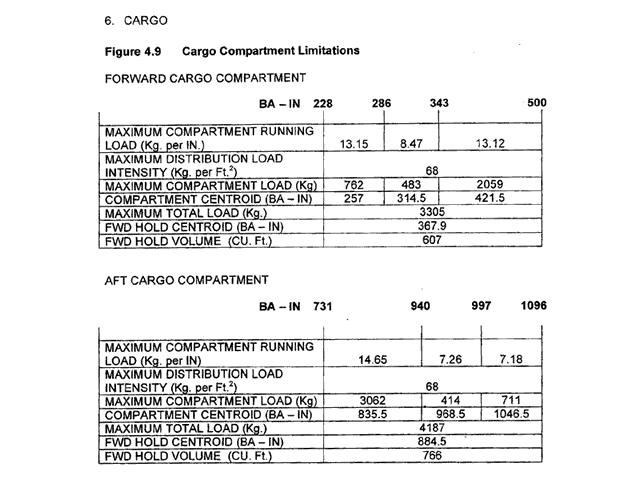 3 only is correct.
3 only is correct. Professional languages have certain characteristics for example .1 they use a ?
Question 118-5 : 1 and 4 are correct 1 and 3 are correct 2 and 3 are correct only 4 is correct
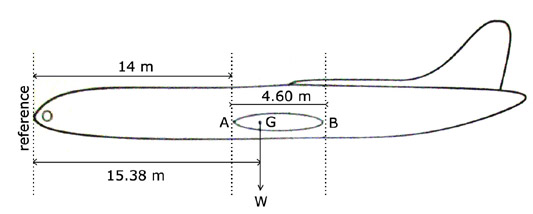 1 and 4 are correct.
1 and 4 are correct. With regard to communication in a cockpit we can say that ?
Question 118-6 : Communication uses up resources thus limiting the resources allocated to work in progress communication is always sufficiently automated to enable an activity with a high workload element to be carried out at the same time communication is only effective if messages are kept short and sufficiently precise to limit their number all the characteristics of communication namely output duration precision clarity etc are stable and are not much affected by changes in workload
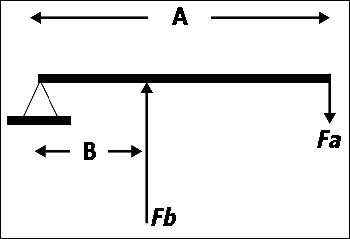 Communication uses up resources, thus limiting the resources allocated to work in progress.
Communication uses up resources, thus limiting the resources allocated to work in progress. What are the communication qualities of a good briefing a good briefing must .1 ?
Question 118-7 : 2 and 4 are correct 1 and 2 are correct 1 2 and 4 are correct 1 and 4 are correct
Which of the following statements concerning check list is correct ?
Question 118-8 : The most important items should be placed at the beginning of a check list since attention is usually focused here the most important items must be placed at the end of check list allowing them to be kept near at hand so that they are quickly available for any supplementary check the most important items must be placed in the middle of check list so that they come to be examined once attention is focused but before concentration starts to wane all the items of a check list are equally important their sequence is of no importance
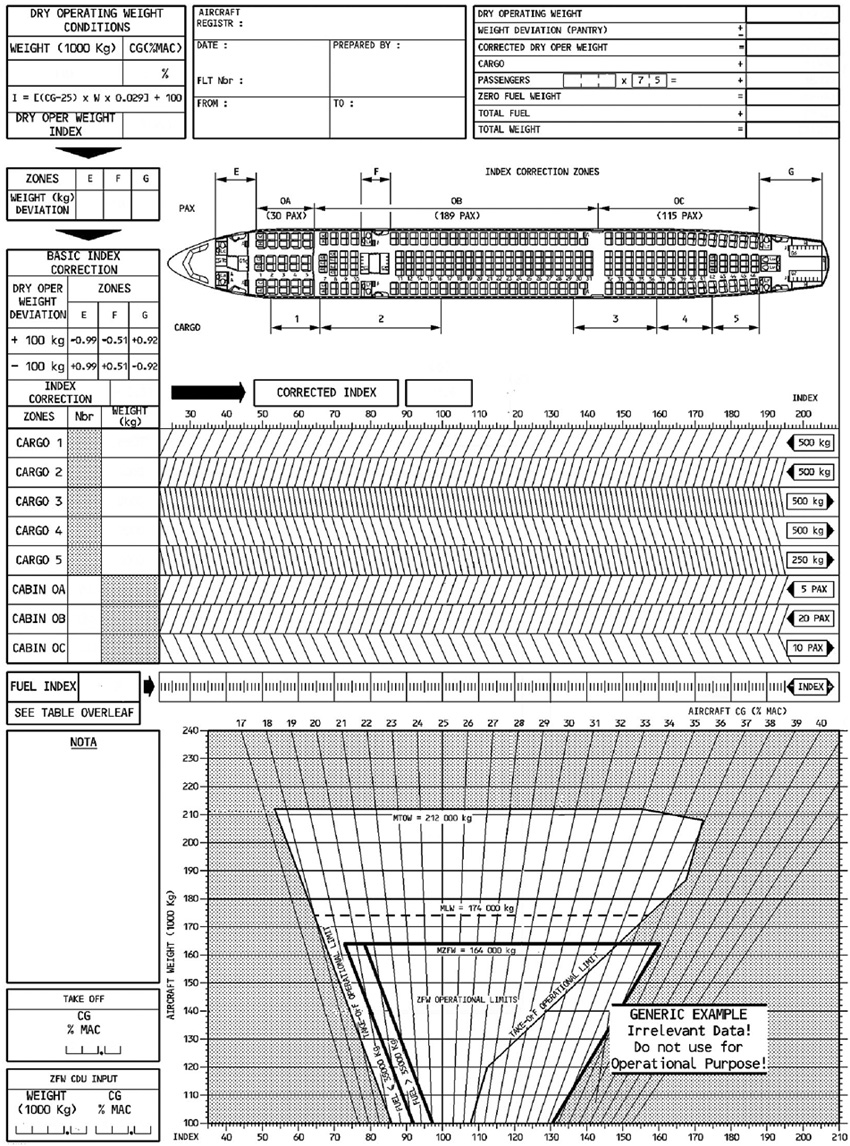 The most important items should be placed at the beginning of a check list since attention is usually focused here.
The most important items should be placed at the beginning of a check list since attention is usually focused here. Which of the following statements are correct with regard to the design of a ?
Question 118-9 : 1 4 and 5 are correct 1 2 and 3 are correct 1 2 and 5 are correct 1 3 and 5 are correct
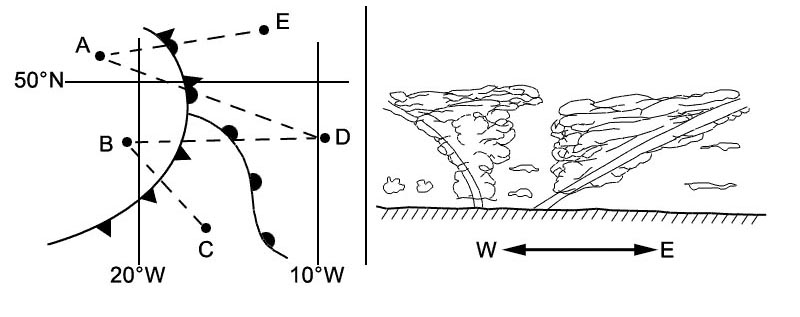 1, 4 and 5 are correct.
1, 4 and 5 are correct. According to rasmussen's model errors in rule based control mode are of the ?
Question 118-10 : Errors of technical knowledge creative errors routine errors handling errors
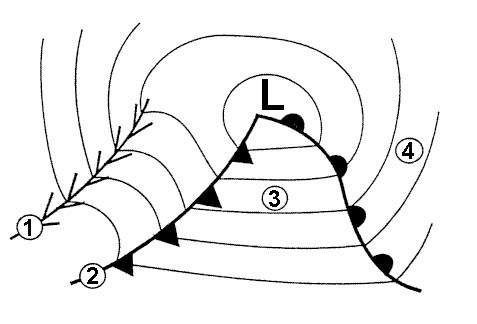 Errors of technical knowledge.
Errors of technical knowledge. According to rasmussen's model errors are of the following type s in skill ?
Question 118-11 : Routine errors knowledge errors handling errors creative errors
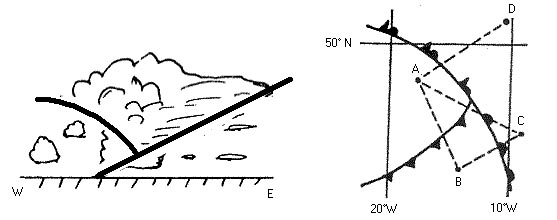 Routine errors.
Routine errors. In order to overcome an overload of work during the flight it is necessary to ?
Question 118-12 : 1 2 and 4 are correct 1 2 and 3 are correct 3 and 4 are correct 1 and 3 are correct
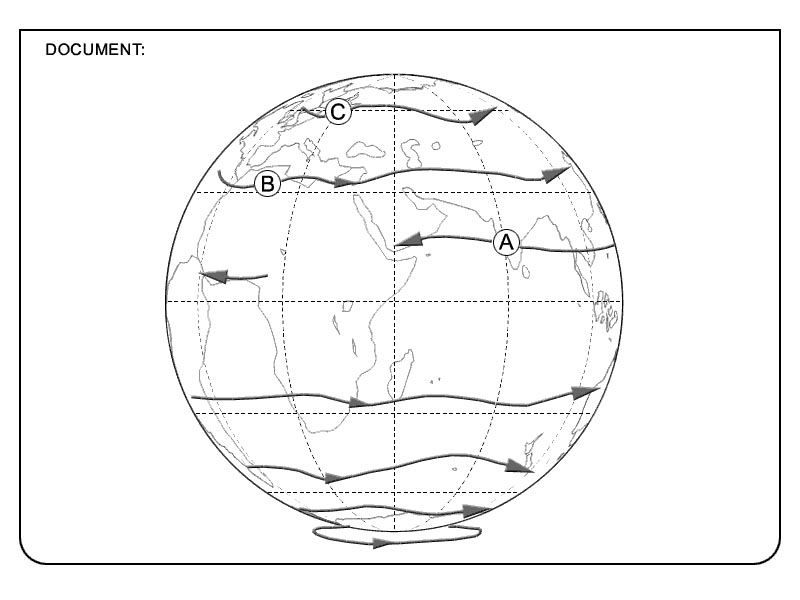 1, 2 and 4 are correct.
1, 2 and 4 are correct. The available cognitive resources of the human brain ?
Question 118-13 : Are limited and make it impossible to perform two attentional tasks at the same time are limited but make it possible to easily perform several tasks at the same time are virtually unlimited allow for twin tasks operation without any loss of effectiveness
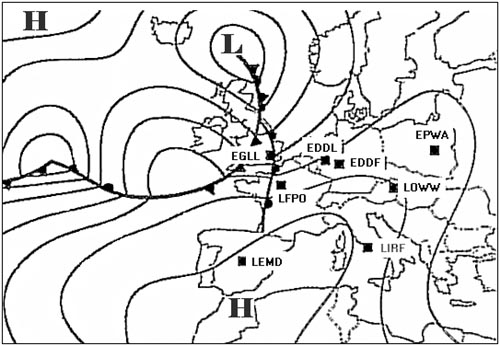 Are limited and make it impossible to perform two attentional tasks at the same time.
Are limited and make it impossible to perform two attentional tasks at the same time. The acquisition of a skill comprises three stages anderson model ?
Question 118-14 : Cognitive associative and automatic cognitive associative and knowledge associative autonomous and expert automatic cognitive and knowledge
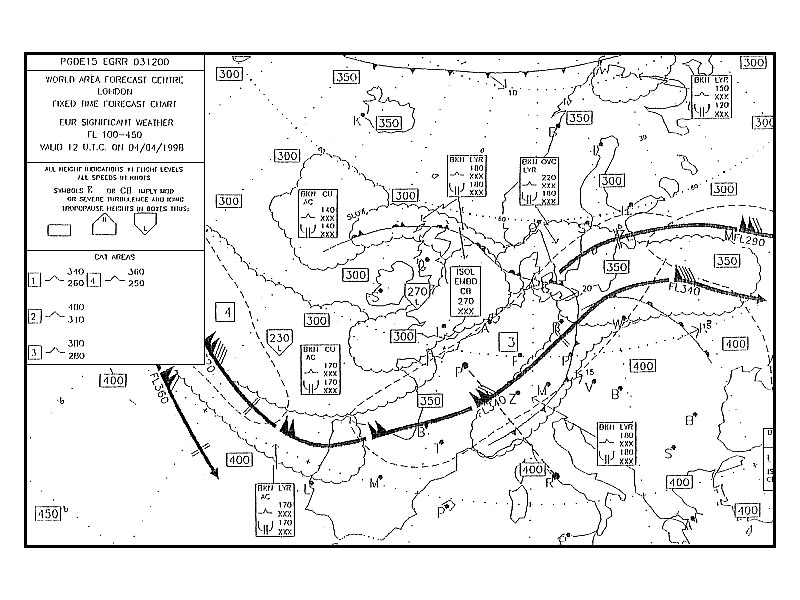 Cognitive, associative and automatic.
Cognitive, associative and automatic. A pilot can be described as being proficient when he/she ?
Question 118-15 : Has automated a large part of the necessary flight deck routine operations in order to free his/her cognitive resources is able to reduce his/her arousal to a low level during the entire flight knows how to off load all his/her resources to the automation of tasks is capable of maintaining a high level of arousal during a great bulk of the flight
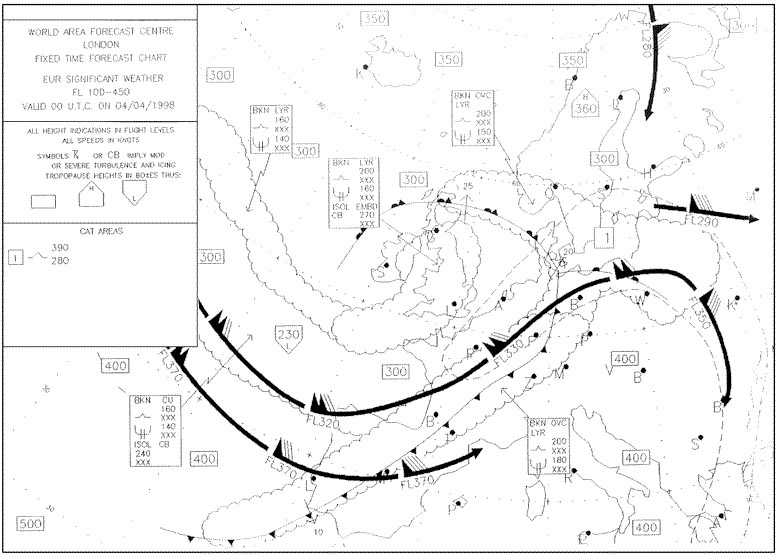 Has automated a large part of the necessary flight deck routine operations in order to free his/her cognitive resources.
Has automated a large part of the necessary flight deck routine operations in order to free his/her cognitive resources. With regard to the practice of english which of the following statements is ?
Question 118-16 : All pilots should master it because the aeronautical world needs one common language be familiar with normal procedures in english since only this allows for effective management of any flight's communication it is necessary and sufficient to have a command of any of the official languages of the icao the composition of every crew should be geared to a command of the official aeronautical language of the destination country
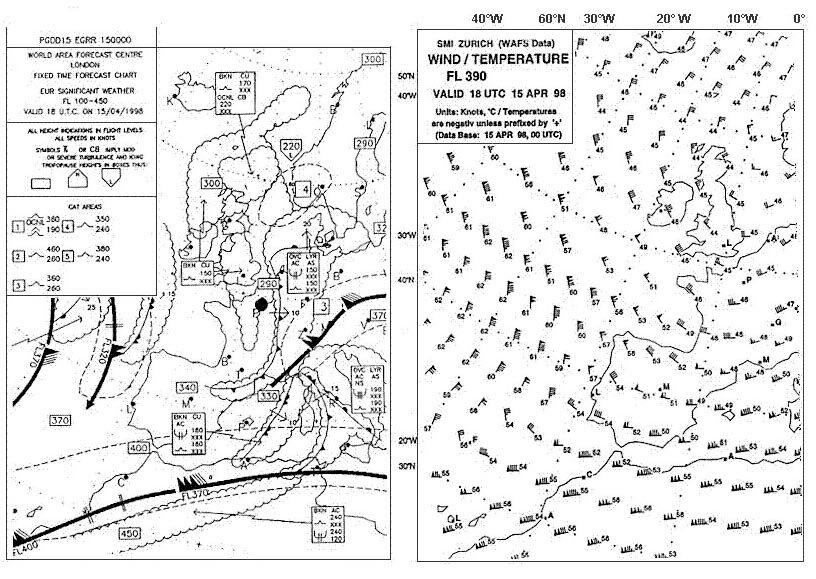 All pilots should master it because the aeronautical world needs one common language.
All pilots should master it because the aeronautical world needs one common language. What are the main consequences of latent errors they . 1 remain undetected in ?
Question 118-17 : 1 2 and 4 2 3 and 4 1 and 3 1 and 2
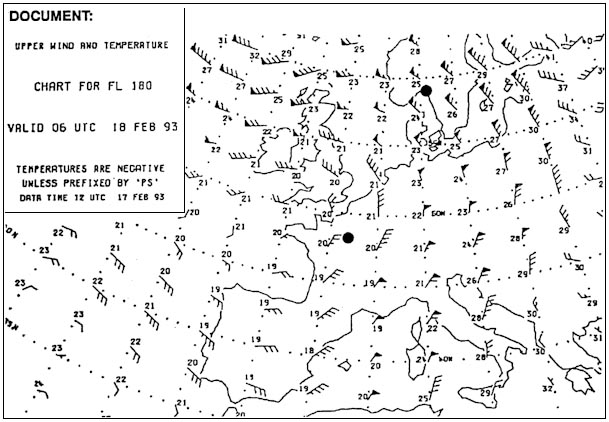 1, 2 and 4.
1, 2 and 4. Pilot stress reactions ?
Question 118-18 : Differ from pilot to pilot depending on how a person manages the particular stressors seem to be the same for most pilots are related to an internationally recognized list of stressors where the top ten items should be avoided by every means do not change with the environment or different situations but mainly with the characters themselves
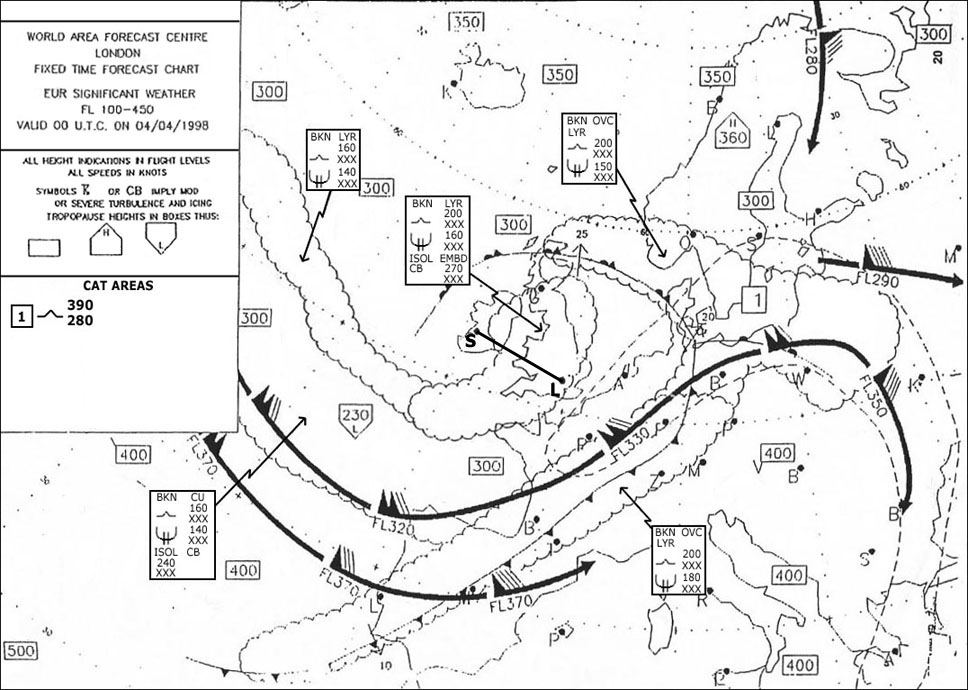 Differ from pilot to pilot, depending on how a person manages the particular stressors.
Differ from pilot to pilot, depending on how a person manages the particular stressors. Which of the following provides the basis of all perceptions ?
Question 118-19 : The intensity of the stimuli the aural or visual significance attributed in short term memory the aural or visual significance attributed in long term memory the separation of figure and background
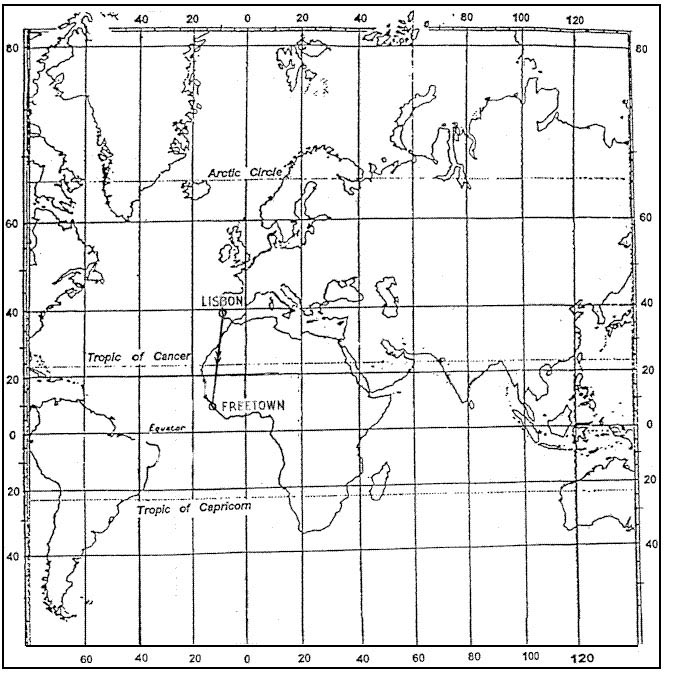 The intensity of the stimuli.
The intensity of the stimuli. The effect of experience and repetition on performance ?
Question 118-20 : Can both be beneficial and negative is always negative is never negative is always beneficial
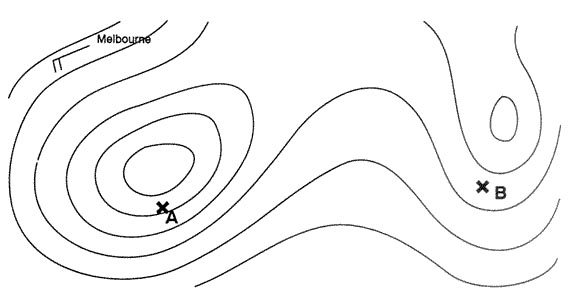 Can both be beneficial and negative.
Can both be beneficial and negative. Situations particularly vulnerable to 'reversion to an earlier behaviour ?
Question 118-21 : 1 and 3 1 and 2 3 only 2 and 3
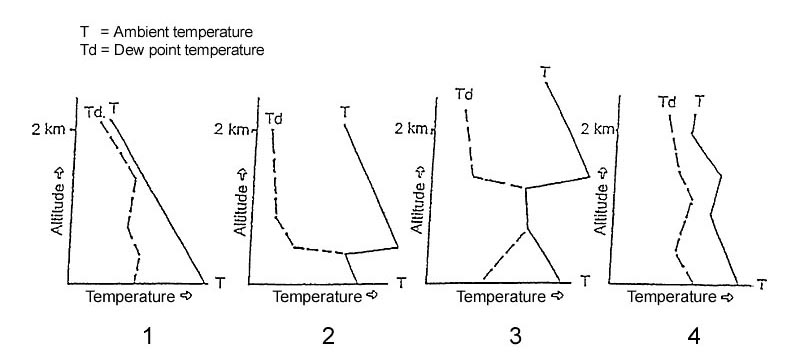 1 and 3.
1 and 3. The most dangerous characteristic of perception is that it ?
Question 118-22 : Is frequently extremely resistant to correction will mainly occur under conditions of relaxation will only occur under conditions of stress can easily be changed
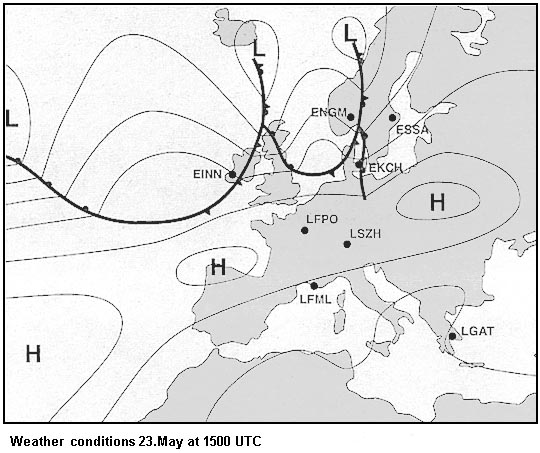 Is frequently extremely resistant to correction.
Is frequently extremely resistant to correction. Fixation or tunnel vision is primarily to be expected when ?
Question 118-23 : Stress is high stress is medium stress and motivation are medium stress and motivation are low
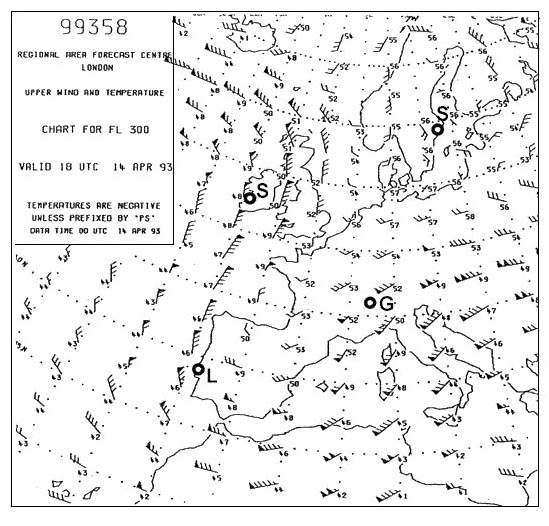 Stress is high.
Stress is high. Which of the following are strategies for resolving conflict .1 seeking ?
Question 118-24 : 1 2 4 1 2 3 2 3 4 2 4
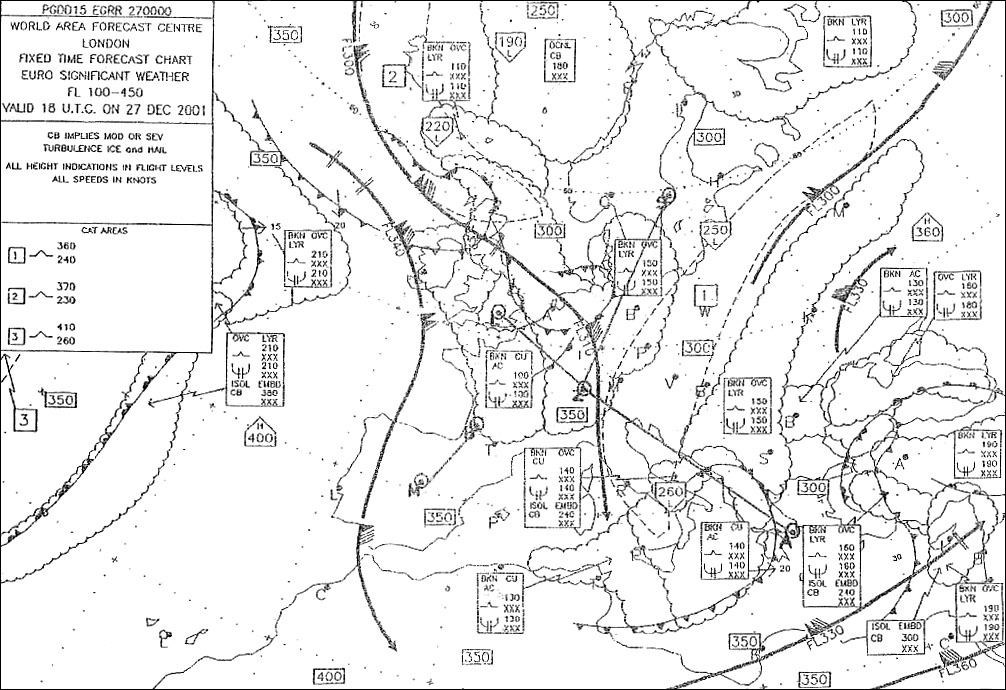 1, 2, 4.
1, 2, 4. What elements establish synergy within the crew ?
Question 118-25 : Synergy must be built up from the start of the mission briefing and be maintained until it comes to an end debriefing synergy establishes itself automatically within the crew right through from briefing to debriefing synergy is independent of the natural individual characteristics of the group members communication mutual confidence sharing of tasks etc it is only the captain's status which allows the establishment of synergy within the crew
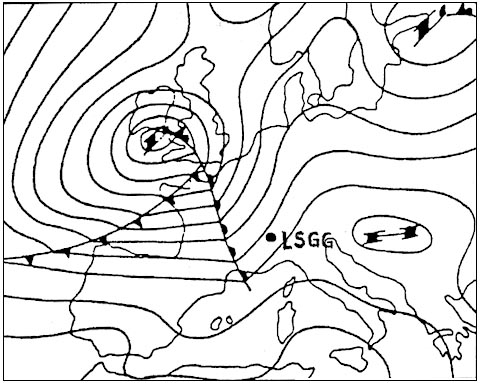 Synergy must be built up from the start of the mission (briefing) and be maintained until it comes to an end (debriefing).
Synergy must be built up from the start of the mission (briefing) and be maintained until it comes to an end (debriefing). Which of the following statements best characterise a synergetic cockpit .1 ?
Question 118-26 : 1 4 1 3 4 2 3 2 4
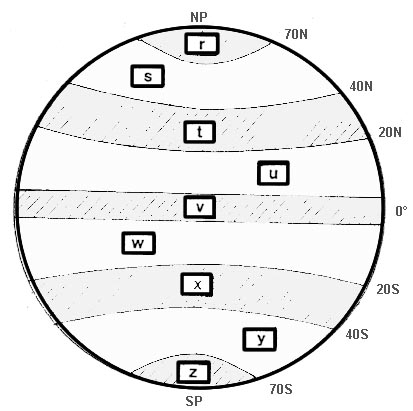 1, 4.
1, 4. What may become the main risk of a 'laissez faire' cockpit ?
Question 118-27 : Inversion of authority increased captain's authority appearance of aggressiveness disengagement of the co pilot
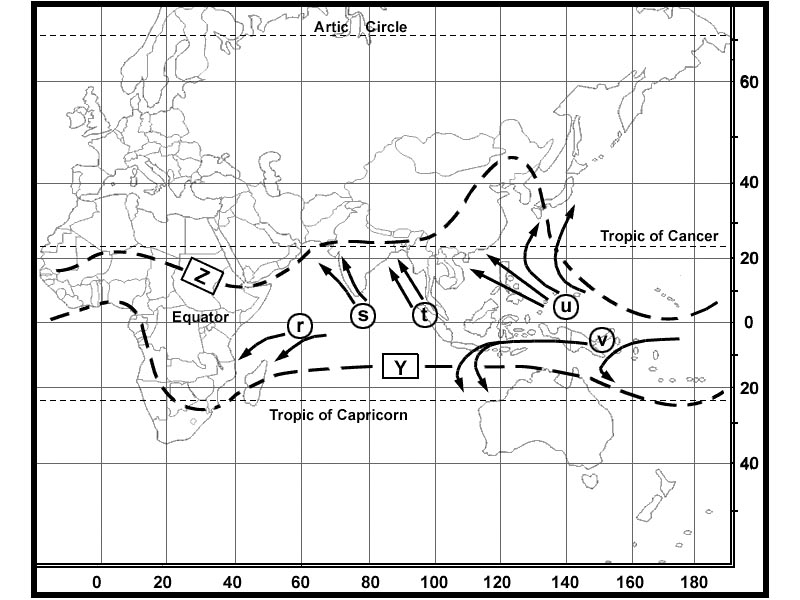 Inversion of authority.
Inversion of authority. What is characterized by a 'laissez faire' cockpit ?
Question 118-28 : A passive approach by the captain allows decisions choices and actions by other crew members each member carries out actions and makes choices informing the other members about them the captain's authority rules all the actions or decisions associated with the situation the high level of independence granted to each member by the captain quickly leads to tension between the various crew members
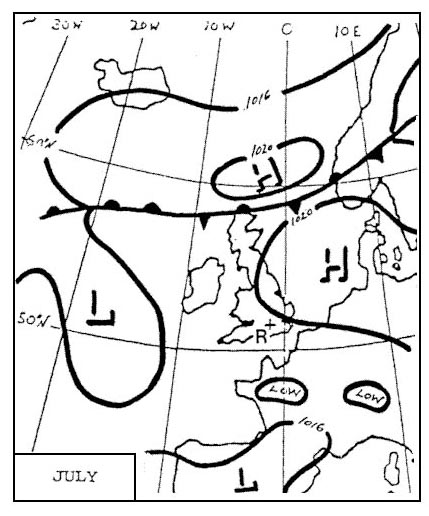 A passive approach by the captain allows decisions, choices and actions by other crew members.
A passive approach by the captain allows decisions, choices and actions by other crew members. Which of the following operations are performed more effectively by people than ?
Question 118-29 : 1 4 1 2 3 4 2 3 4
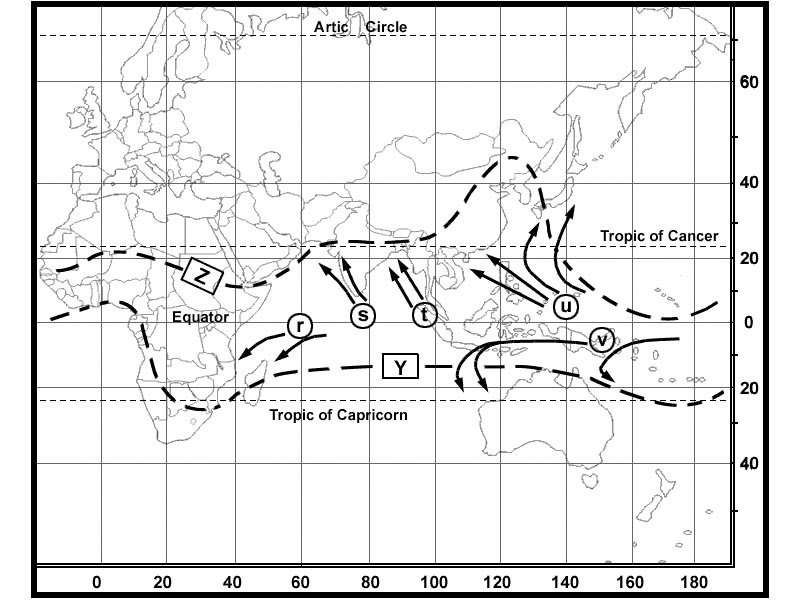 1, 4.
1, 4. Which of the following operations are performed more effectively by automatic ?
Question 118-30 : 1 2 3 2 4 3 4 2 3 4
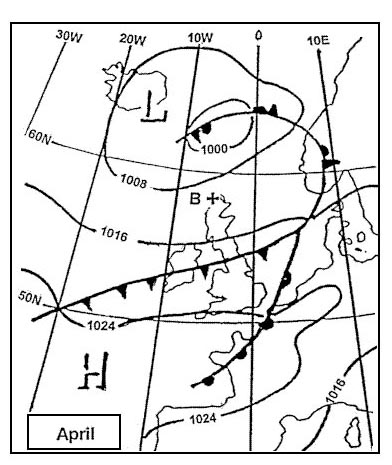 1, 2, 3.
1, 2, 3. As a result of automation in cockpits ?
Question 118-31 : Communication and coordination call for an even greater effort on the part of the crew members it is easier for the captain to monitor the work of the first officer and vice versa the need for communication between crew members has been decreased communication and coordination have clearly improved in man man and man machine relations
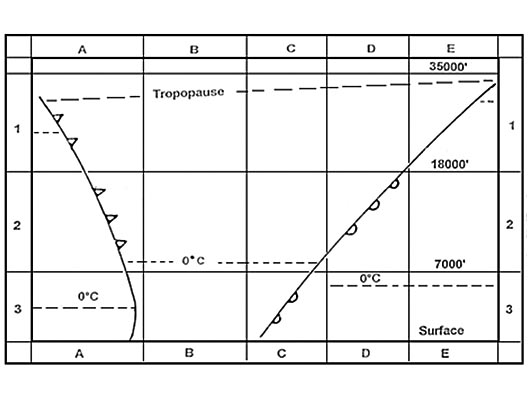 Communication and coordination call for an even greater effort on the part of the crew members.
Communication and coordination call for an even greater effort on the part of the crew members. Which of the following drawbacks are associated with automation .1 reduced ?
Question 118-32 : 1 2 1 4 2 3 4 1 3
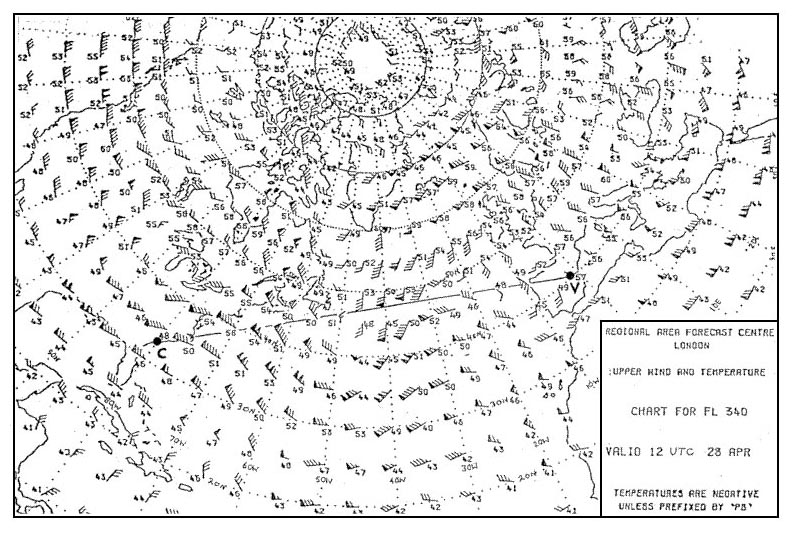 1, 2.
1, 2. What are main signs indicating the loss of vigilance .1 decrease in sensory ?
Question 118-33 : 1 and 3 1 and 4 2 and 3 2 and 4
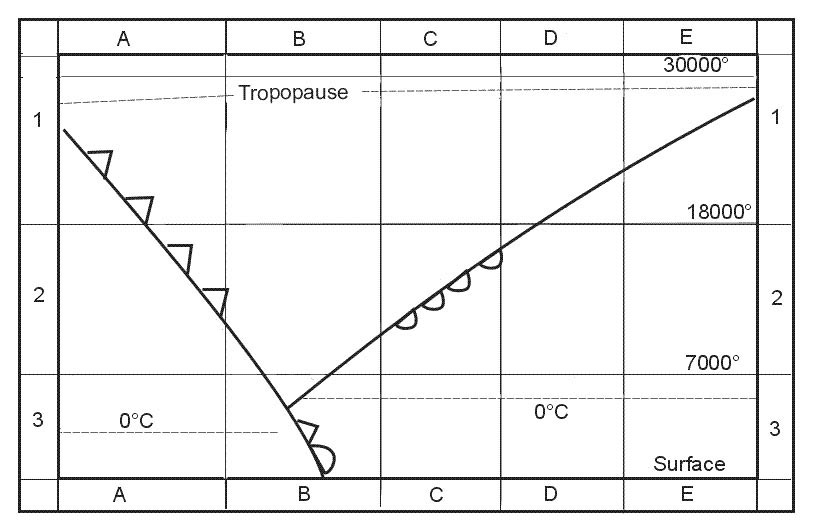 1 and 3.
1 and 3. Which of the following statements concerning hypovigilance is correct ?
Question 118-34 : May occur at any moment of the flight only affects certain personality types tends to occur at the end of the mission as a result of a relaxation in the operators' attention essentially occurs several minutes after the intense take off phase
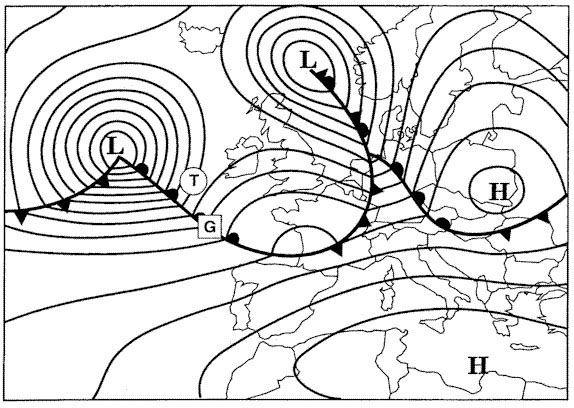 May occur at any moment of the flight.
May occur at any moment of the flight. What are the main factors which bring about reduced or low vigilance ?
Question 118-35 : 1 2 3 2 4 1 3 3 4
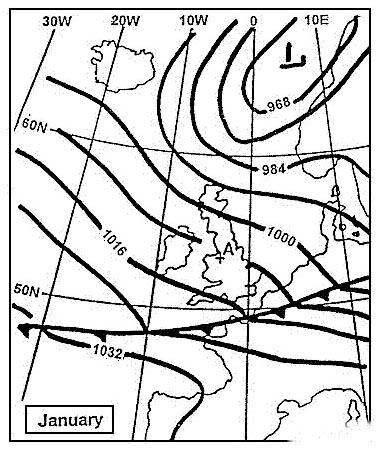 1, 2, 3.
1, 2, 3. Which of the following statements in regard to motivation is correct ?
Question 118-36 : Extremely high motivation in combination with excessive stress will limit attention management capabilities low motivation will guarantee adequate attention management capabilities too much motivation may result in hypovigilance and thus in a decrease in attention motivation will reduce the task automation process
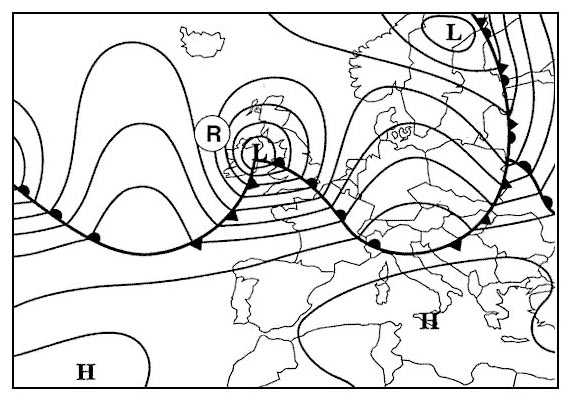 Extremely high motivation in combination with excessive stress will limit attention management capabilities.
Extremely high motivation in combination with excessive stress will limit attention management capabilities. Which of the following describes an autocratic cockpit ?
Question 118-37 : The captain's excessive authority considerably reduces communications and consequently the synergy and cohesion of the crew despite the overly strong authority of the captain everything functions correctly owing to his natural leadership each of the members chooses what job to do without telling the others and in the belief that everyone is aware of what he is doing the atmosphere is relaxed thanks to a captain who leaves complete freedom to the various members of the crew
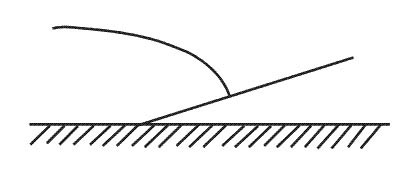 The captain's excessive authority considerably reduces communications and consequently the synergy and cohesion of the crew.
The captain's excessive authority considerably reduces communications and consequently the synergy and cohesion of the crew. What distinguishes status from role ?
Question 118-38 : While role defines via behaviour the functions that must be performed by individuals status defines the hierarchical position and its recognition by the group while role defines the enjoyment of a hierarchical position and its recognition by the group status defines via behaviour the functions that must be performed by individuals unlike status role is fixed and is not modified either by the situation in flight or by the interactions of a new crew unlike status role is fixed and is modified either by the situation in flight or by the interactions of a new crew
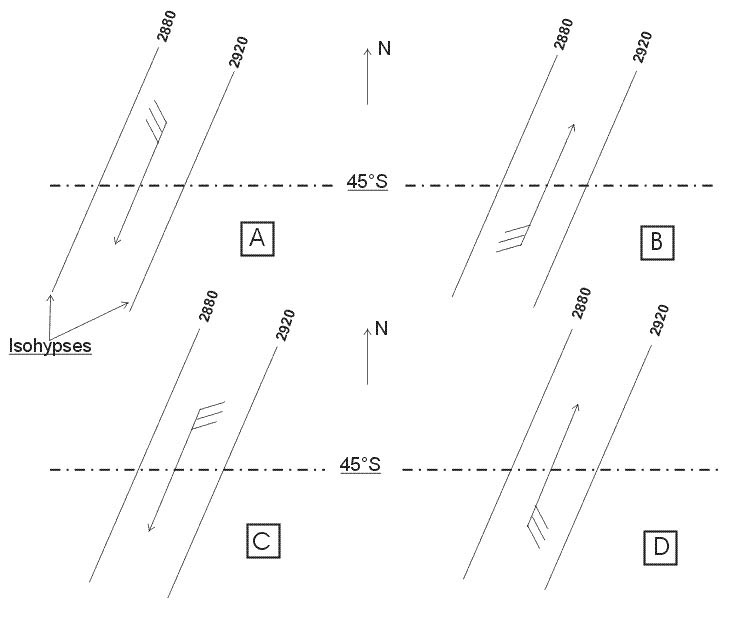 While role defines -via behaviour- the functions that must be performed by individuals, status defines the hierarchical position and its recognition by the group.
While role defines -via behaviour- the functions that must be performed by individuals, status defines the hierarchical position and its recognition by the group. Which of the following elements make up the personality of an individual .1 ?
Question 118-39 : 1 2 3 4 1 2 4 2 3 2 3 4
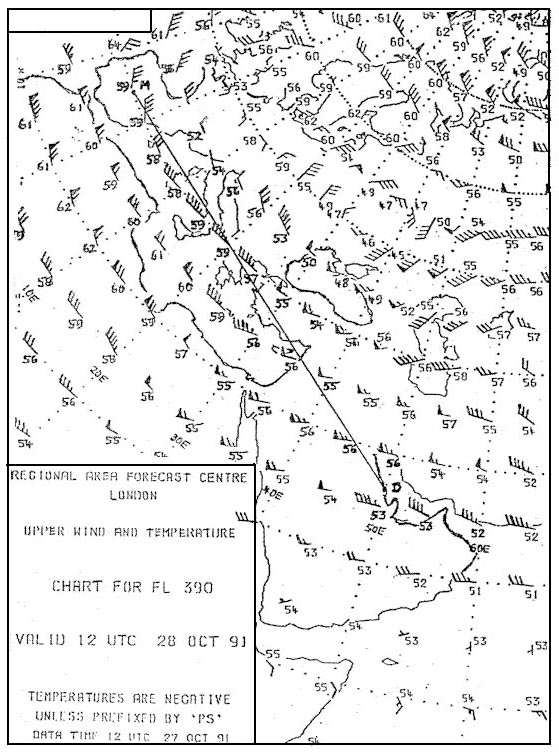 1, 2, 3, 4.
1, 2, 3, 4. What is synergy in a crew ?
Question 118-40 : The coordinated action of all members towards a common objective in which collective performance is proving to be more than the sum of the individual performances a behavioural expedient associated with the de synchronisation of the coordinated actions the coordinated action of unrelated individual performances in achieving a non standard task the uncoordinated action of the crew members towards a common objective
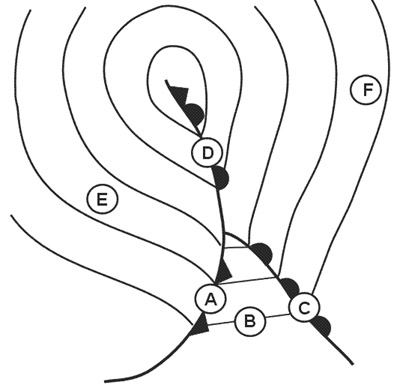 The coordinated action of all members towards a common objective, in which collective performance is proving to be more than the sum of the individual performances.
The coordinated action of all members towards a common objective, in which collective performance is proving to be more than the sum of the individual performances. ~
Exclusive rights reserved. Reproduction prohibited under penalty of prosecution.
4679 Free Training Exam
